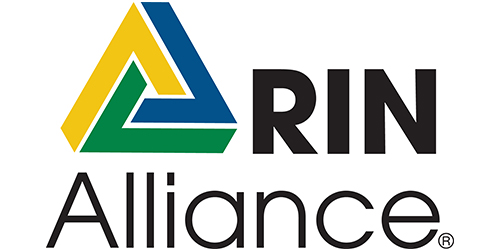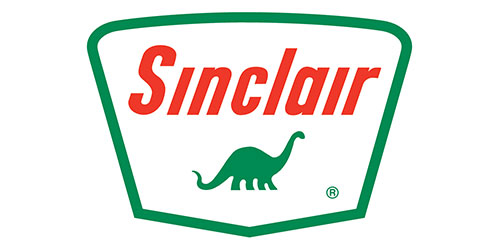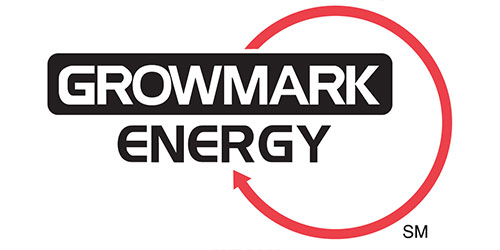
Tax Extenders including Biodiesel Blender's Credit and OSLT Still in Limbo
March 19, 2019 by PMAA | 
While Congress has yet to renew the tax extenders package which includes both the biodiesel blenders tax credit and the oil spill liability tax (OSLT), there were some positive developments last week after the House Ways and Means Committee held a hearing on the subject. Ranking Member Kevin Brady (R-TX) said that he is developing a draft tax extenders package in an effort to shift the debate on the batch of temporary tax breaks.
This announcement comes after Senate Finance Committee Chairman Chuck Grassley (R-IA) introduced legislation that would retroactively extend most of the provisions through 2019 including the $1 per gallon biodiesel tax credit that expired at the end of 2017. Additionally, the OSLT would be extended through 2019 and the good news for petroleum marketers is that it would not be applied retroactively. For instance, if the bill is signed into law in March, then the OSLT would be effective the first day of the first month following passage, which would be April 1, 2019. The prospects of passage depend on whether Congress can find a legislative vehicle to attach the tax extenders bill.
In February, PMAA, NEFI and several other groups sent a letter to House and Senate leadership in support of a 2018 retroactive renewal of the $1 per gallon biodiesel blender’s tax credit, which expired on December 31, 2017. Further, the letter urges Congress to include a multi-year extension of the credit. Click here to view the letter. To urge your representatives to support the biodiesel blender’s tax credit, click here.
Additionally, PMAA and other groups sent a letter to Congressional tax writing committees to oppose the retroactive renewal of the Oil Spill Liability Tax (OSLT) and to renew only on a prospective basis after the date of enactment. Applying an excise tax to 2019 transactions that have already been processed and the associated products sold multiple times would create significant transactional concerns and potential legal implications within the entire fuel supply chain. Click here to view the OSLT letter.





.png)





.png)




































